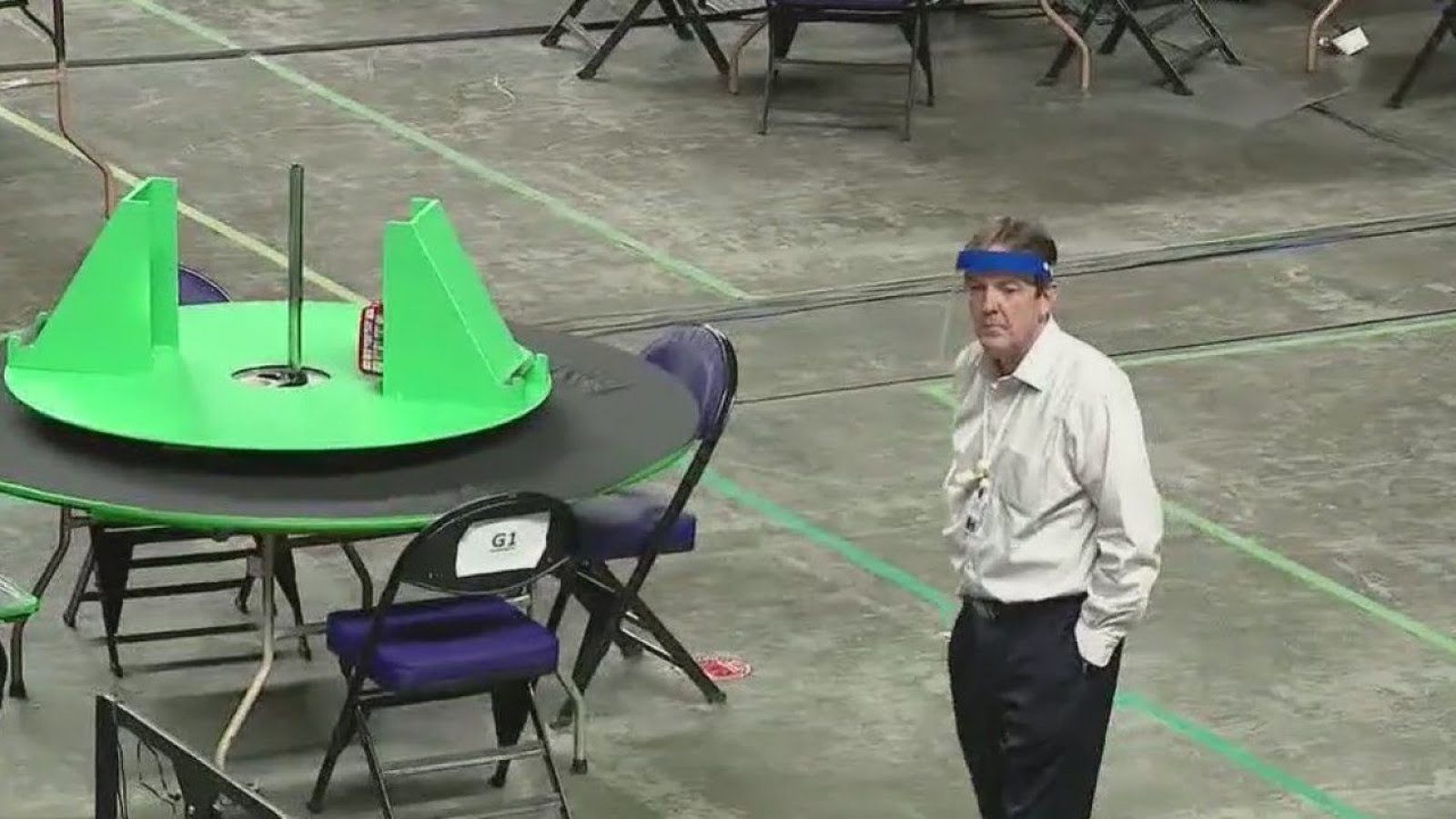Something strange happened in Maricopa County during the 2020 election. …
The same thing happened again in 2022—droves of voters and residents claimed that their votes weren’t counted, they experienced numerous problems on election day, or other anomalous election ‘irregularities’.
Mail-in ballots caused a plethora of problems, as 2022 Arizona Gubernatorial candidate, Kari Lake, pointed out:
Mail-in ballots has never been more common in Arizona.
But the standards for rejecting a mail-in ballot have never been looser.
Just .13% of mail-in ballots were rejected in Maricopa County.
By completely abandoning signature verification standards, Maricopa County was able to… https://t.co/RO7Dyx72b6
— Kari Lake War Room (@KariLakeWarRoom) May 2, 2023
Lake claims that only .13% of mail-in ballots were rejected in Maricopa County—compared to other localities and states this barely even registers.
Scores of Maricopa County voters reported widespread issues on election day—particularly Republican and conservative voters.
The special Maricopa County report blamed the broad issues on the type of papers the ballots were printed on and the printers used that day. …
Now, a former FBI agent with a background and expertise in signature analysis shares his view. …
According to FBI Special Agent Wayne A. Barnes, Maricopa County’s signature verification process is ‘almost illegal’ and barely functional.
This is good news for Kari Lake, who is attempting to challenge the results of the 2022 midterm election in Arizona:
MONDAY!
"NEW: Maricopa County Superior Court Order Sets Status Conference MONDAY to Consider Kari Lake’s Signature Verification Fraud Challenge and Potentially MORE."
https://t.co/t2crk5aeKl— Kari Lake War Room (@KariLakeWarRoom) May 6, 2023
"Kari Lake’s ongoing legal battle against Maricopa County & Katie Hobbs has hit another milestone this week, as the AZ State Supreme Court has ordered a hearing on Lake’s challenge to the county’s signature verification processes." https://t.co/dpEkUWaE0S
— Kari Lake War Room (@KariLakeWarRoom) May 7, 2023
Western Journal provided Barnes’ statements on the issue:
If the workers have limited time to review for signature matches to those on voter files it’s “almost illegal to have it work that way.”
The 29-year FBI veteran further contended under the current system, “Only the most dissimilar signatures, when comparing them, can be knocked out.”
Republican AZ State legislature why are u not issuing legislative subpoenas, summons or warrants to Maricopa County in regards to Former Assistant Election Director Celia Nabor’s role in Signature Verification in the 2018, 2020 & 2022 elections? It doesnt require Hobbs’ approval.
— Christian Lamar (@christianllamar) May 7, 2023
In a related report, Just The News provided an update on Kari Lake’s fight for election integrity:
On Thursday, the Arizona Supreme Court ordered court proceedings to take place “forthwith” regarding Kari Lake’s election challenge on Maricopa County’s alleged violations of its signature verification practices in last year’s general election, while granting one sanction but denying attorneys’ fees requested by the defendants.



Join the conversation!
Please share your thoughts about this article below. We value your opinions, and would love to see you add to the discussion!